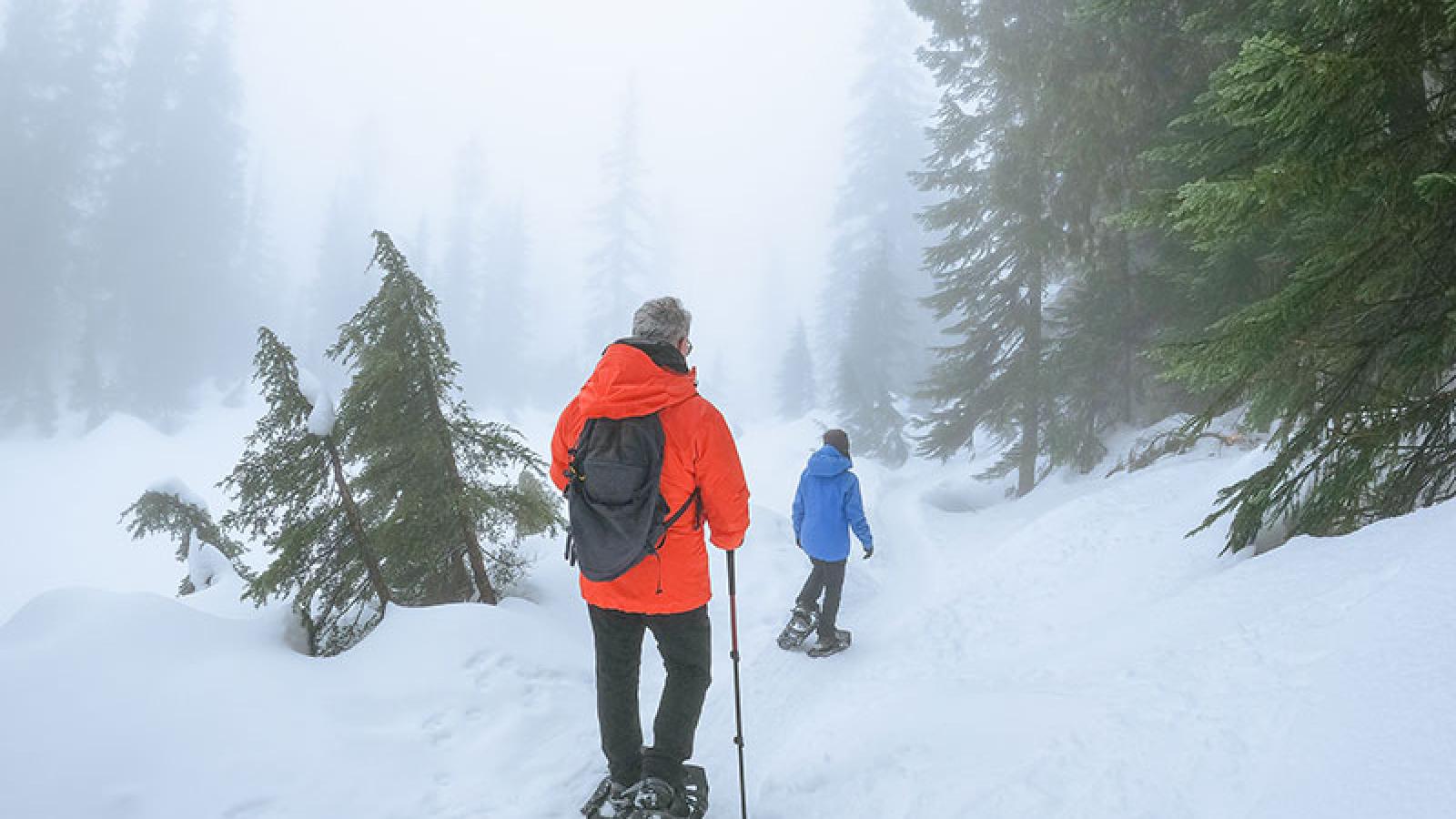Orthopedic Safety in Winter: A Guide to Protecting Your Musculoskeletal Health

At Guthrie Orthopedics, we're committed to providing you with essential information that prioritizes your health. With the winter season upon us, it's vital to understand how the colder weather can affect our orthopedic health and take proactive steps to ensure our well-being.
Ensuring Orthopedic Safety in Winter
The cold winter months can pose several challenges for our bones, joints and muscles. As temperatures drop, joints often stiffen, leading to discomfort and reduced mobility. Additionally, icy conditions increase the risk of falls and subsequent injuries. We've compiled some practical tips to help you stay safe this winter:
- Dress Appropriately
Layered clothing is your best defense against the cold. Wearing loose and light layers can trap heat and keep your body warm, helping to reduce joint pain. Don't forget to cover your hands and feet adequately.
- Keep Active
Regular physical activity helps to maintain joint mobility and bone health, and helps manage body weight, which is crucial for joint heath. Engage in low-impact exercises like indoor swimming, yoga, tai chi, or stationary biking. If you enjoy spending time outdoors during the winter, consider cross country skiing, snowshoeing, or building a snowman with a loved one. Just be sure to bundle up.
- Practice Safe Snow Shoveling
Snow shoveling can strain your musculoskeletal system and heart. Before going outside, warm up your muscles with a few exercises such as squats, arm circles, and neck stretches. When shoveling, lift with your legs and arms instead of your back, shovel small amounts at a time, and push the snow instead of throwing it. Remember to pace yourself and take as many breaks as you need.
- Be Mindful of Your Diet
A diet rich in calcium and vitamin D supports bone health. Dairy products, green leafy vegetables, and fortified foods are good sources of these nutrients. In addition, dehydration can make your body more prone to injuries. Aim to drink at least eight glasses of water per day, even if you don't feel thirsty.
- Use Assistive Devices
If you have balance issues or a history of falls, consider using tools like canes or walkers. They provide additional support and can prevent falls on slippery surfaces. Another tool that can be useful for some is a pair of ice cleats, which can be added to your shoes and help provide additional traction when outdoors.
Winter doesn't have to be a season of discomfort or fear. By following these tips, you can enjoy the winter months while taking care of your orthopedic health. Remember, we're here to assist you with any concerns or issues you may have. Stay safe, stay active, and enjoy the beauty of winter!
Speak with a Specialist
Our dedicated musculoskeletal team is here for you at all stages of life, with the most advanced treatments and therapies available in the area. From arthritis and osteoporosis to trauma care, joint replacement and more, you can be sure that our providers are highly experienced in their chosen specialty to provide you with the best treatment available.

